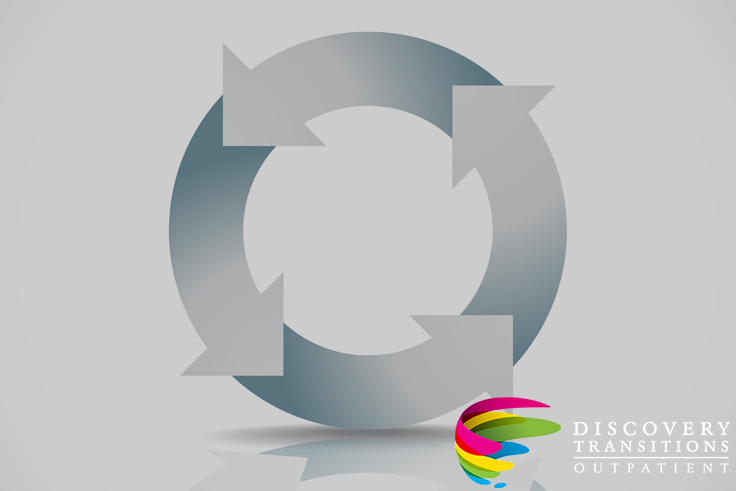The Cycle of Addiction
The ability of alcohol and drugs to strongly activate brain reward mechanisms is the primary catalyst in the cycle of addiction. But there are also certain risk factors and characteristics leading a person toward alcohol and drugs in ways that can contribute to developing addictive patterns.
The cycle of addiction begins simply with a problem; stress or discomfort, and some form of emotional or physical pain are the most common the experiences where people want to change the way they are feeling. Working through discomfort is never easy, and some individuals find it unendurable, and aren’t able to see a solution to the problem. Using drugs and alcohol in this way, often call self-medicating, can be very common.
People self-medicate with alcohol or drugs to blow off steam after a hard day at work, and won’t necessarily progress into an addiction cycle. Drugs and alcohol may temporarily change the way a person feels about a problem or painful situation, but ultimately they don’t change the situation itself. People with healthy coping strategies will find an effective and more constructive method for managing what is troubling them, sober.
For an addict or alcoholic who is actively using, substance use appears to solve the problem, and the drugs or alcohol become valuable. An addict or alcoholic believes drugs or alcohol are a cure, the painkilling effects are the solution to unwanted feelings or discomfort. Excessive or continued use, or self-medicating of any mind altering substance will progress the cycle of addiction.
Drugs and alcohol change the way a person’s brain functions, so that normal reward systems (or dopamine responses) are replaced with the effects substance use. Habitual substance use not only alters the normal functioning of the brain and body, but it will also produce withdrawal symptoms. These symptoms will perpetuate the strong desire to use.
It is possible to break the addiction cycle with help and support. Resolving underlying symptoms of discomfort or unhappiness, while adapting to new coping strategies are part of the overall treatment process which helps individuals struggling with substance use find freedom from addiction. Don’t hesitate to reach out today if you or someone you love is struggling!



 Call
Call Text
Text